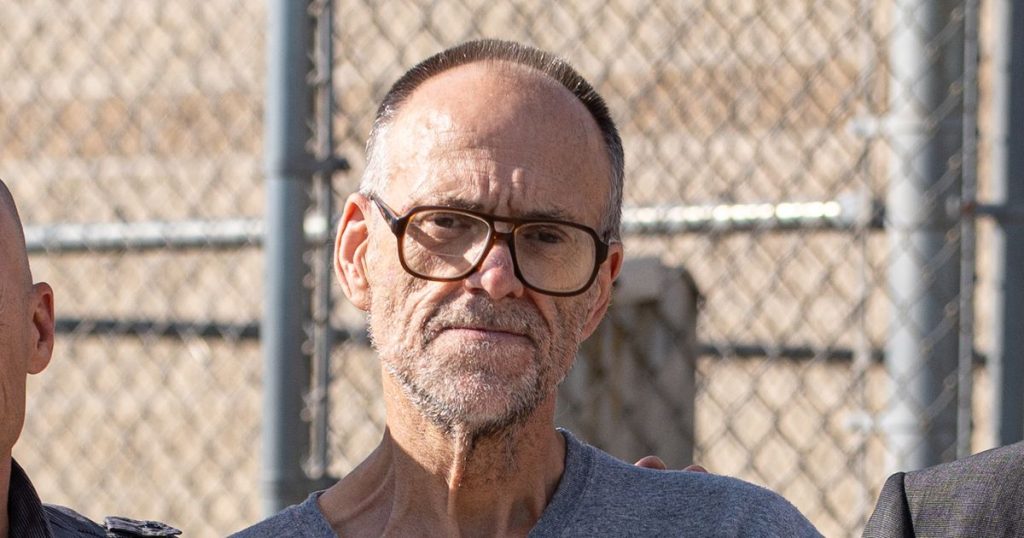Two Wisconsin brothers, David and Robert Bintz, were wrongfully convicted of killing Sandra Lison in 1987 and spent the last 25 years in prison. The brothers were sentenced to life in prison in 2000 after prosecutors alleged they killed Lison, a mother of two, during a robbery at a bar where she worked. However, DNA evidence recovered from Lison’s body did not match the Bintzes, leading to their wrongful conviction. The case went cold for some time before the Brown County District Attorney’s Office eventually charged the brothers with the murder.
The case against the Bintz brothers relied heavily on the testimony of David Bintz’s cellmate, who claimed David had confessed to helping his brother kill Lison and had nightmares about the crime. Prosecutors argued that there was no evidence of sexual assault and that the semen found at the scene did not indicate the killer. However, in 2023, new DNA evidence found at the scene was matched to another man, William Joseph Hendricks, who had been convicted of similar crimes and was now deceased. This revelation led to the release of the Bintz brothers, as the true murderer had been identified.
The Bintz brothers were released following a court hearing, with Judge Donald Zuidmulder acknowledging that Sandra Lison’s true murderer had been identified. Brown County District Attorney David Lasee defended the initial conviction, stating that officials had followed the evidence available at the time of the trial. The Bintz brothers’ attorney, Christopher Renz, expressed relief at the vacation of Robert Bintz’s sentence, calling it an injustice that can never be fully corrected. James Mayer of the Great North Innocence Project has started a fundraising campaign to help Robert Bintz rebuild his life after 25 years of wrongful imprisonment.
Innocent exonerees like Robert Bintz face significant challenges upon release from prison, such as lack of savings, employment history, and housing. Mayer emphasized the need for support for individuals who have been wrongfully convicted and imprisoned, highlighting the trauma and hardships they face upon their release. The case of the Bintz brothers serves as a reminder of the importance of DNA evidence and the potential for wrongful convictions based on faulty testimonies and incomplete investigations.


